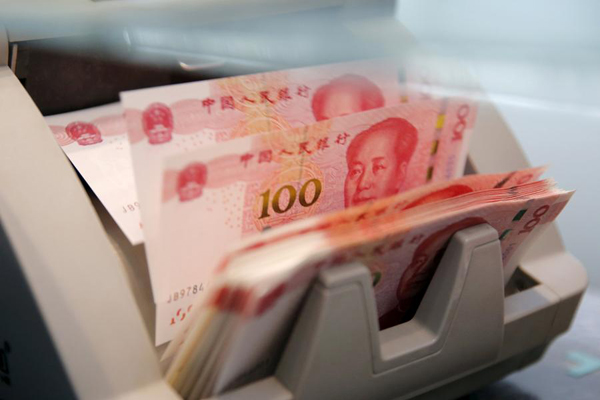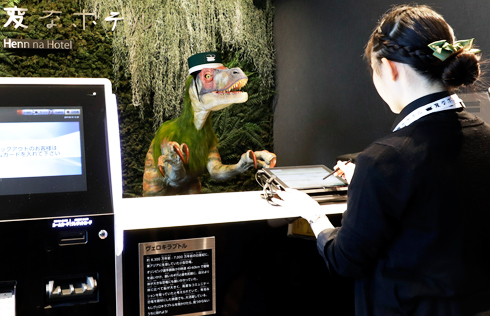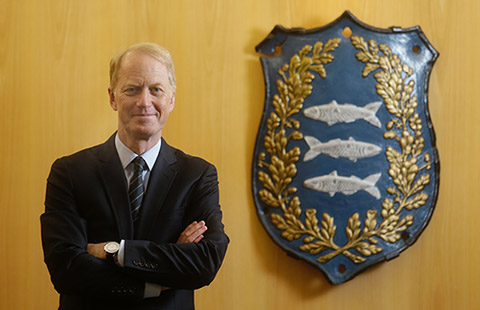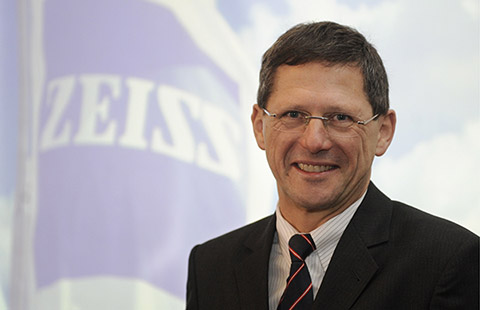Move on rates aims at fending off risks
 |
|
Chinese 100 yuan banknotes are seen in a counting machine while a clerk counts them at a branch of a commercial bank in Beijing, China, in this March 30, 2016 file picture. [Photo/Agencies] |
The central bank's move to raise short-term interest rates on Thursday reflects Beijing's intention to fend off financial risks, a method that might be used more in the future rather than increasing benchmark interest rates, according to economists.
The People's Bank of China raised its rates in the open market and to its medium-term lending facilities by 10 basis points, hours after the US Federal Reserve raised its benchmark interest rate by 25 basis points.
The central bank said the move cannot be equated with interest rate hikes, and it cannot be interpreted as a shift away from prudent monetary policy, according to an online statement on Thursday.
The central bank has kept the benchmark interest rate unchanged since October 2010.
Unlike open market operations, raising the benchmark interest rate could put higher pressure on the recovery of the economy, because enterprises would face higher costs of borrowing money from banks.
Some market speculators regard raising the interest rate in the open market as a prelude to raising the benchmark interest rate.
The timing of the adjustment, just hours after US interest rates were increased, should not be overinterpreted, because with signs of the economy stabilizing, the central bank is paying greater attention to fending off financial risks rather than stabilizing the yuan's exchange rate, said Zhang Liqun, a senior researcher at the Development Research Center of the State Council.
Zhang said China does not need to follow the United States to raise its benchmark interest rate, referring to stabilizing the exchange rate through limiting the interest rate gap between China and the United States.
Central bank Governor Zhou Xiaochuan said during the two sessions, which ended this week in Beijing, that although money tends to flow to places with higher interest rates, thereby putting higher capital outflow pressure on the yuan's exchange rate, speculative behavior will not last long.
Wang Youxin, an economist with Bank of China, expected a stabilizing trend of the yuan's exchange rate against the dollar, since capital outflow pressures have eased this year.
With less concern over depreciation pressure on the yuan, the central bank might think more about how to use monetary policy to implement supply-side reform and squeeze asset bubbles, he said.
The move sent a signal to the market that the central bank would step up efforts to control leverage ratios, according to Liang Hong, chief economist at China International Capital Corp.
Liang said raising the cost of borrowing money fits the need of the central bank to deleverage in the financial sector, after housing prices surged again this year.
The central bank is not likely to raise the benchmark interest rate this year, because investors are sensitive to its change at a time when uncertainty continues amid economic recovery, Liang said.
Li Chao, chief economist with Huatai Securities, said the central bank might further adjust the interest in the open market in the future to better stabilize market expectations.























